The Electoral Knowledge Network typically defines two categories of election observation. First, short-term observation (STO), generally encompassing election climate, preceding days, voting day and the count. Second, long-term monitoring (LTO) involves assessing holistically the entire election process, including consolidation of results. It is an intensive assignment where team work is essential and yet many of the people who seek to do this work have had little experience of such joint efforts. This article explores the author’s personal experiences with being an election observer, and offers some tips and reflections for those who may want to do this work themselves.
Every stage of potential recruitment is competitive but like every career path there are ways to success. As for the rewards, these are professionally fulfilling. Financially, the pay for short and long-term observers will vary greatly from country to country. At the Short-term (STO) or Long-term (LTO) level you could easily find yourself getting only basic expenses while you are teamed with someone from a country which pays its observers a full salary. At the worst end of the scale there are countries who only refund incurred expenses after the event. I have noticed it is sometimes a bone of contention where the financial package offered from country to country differs so much between the observer team. One STO might be accounting for every basic expense and getting reimbursed later, while the team partner has a generous financial package for deployment and is also getting a full salary and benefits-based on the level of seniority of the last post served. This is a recipe for conflict but is inevitable due to the way observer missions are comprised. For the most part, countries are asked to supply observers and use their own country formula for renumeration. Even in EU missions, where everyone gets the same per diem of expenses, some observers may also get a salary from their own government, in addition.
Professionally-run elections which are transparent and give all individuals or parties an equal chance are at the heart of modern democracy. These days international election observers are wary of the words “free and fair” as it is based on too many assumptions which fly in the face of practical realities. You could have had the most professionally-executed vote in many a country but the political system itself is so skewed or (frankly) undemocratic – there is no genuine opposition. What the state party or long-time dictator tells you is “free and fair” could have the best electoral administration in the world, and still have no genuine democracy. In short, the process of election of the one-party state could be so precise, every vote is accounted for, and the political system itself effectively neutralizes genuine opposition. The modern dictator could pay for the most sophisticated polling system in the world but if there is no genuine opposition- all that election administration is useless. The equipment is impressive, the tabulations awesome and rapid if not instantaneous, but without a genuinely democratic political landscape to match the technicalities of the election administration, we might as well just have state-elected officials.
The modern International Election Observer is much more focused on whether a “level playing field” (with useful democratic components) exists to promote multi-party or multi-candidate democracy, and allow genuine freedom of choice. That presupposes an enormous amount of groundwork to ensure popular confidence that there is democracy, to encourage political plurality and create a genuine contest where it is possible for the popular vote to make a difference. Thus, professional international election observation is multi-faceted and multi-layered, and based on complex and continuously evolving election administration methodologies. Ideally the operations of large international election observation organisations are centred on the best principles of election administration. The field operations will also continuously evolve to allow the organisation to achieve the best possible job in capturing the performance of the election administration. By that I mean we have been on a journey from simple paper note-books with narrative comments, to paper election observation questionnaires, to these questionnaires being captured by the use of electronic transmitting pens (combined with smart phones) to computer-tablets and finally to reporting applications based around mobile phone applications. Communication security has also improved.
Modern election observation will normally involve a careful arrangement of questions which will allow (as far as possible) a 360-degree view of the entire election process. It is also likely to involve a combination of long-term observation of the pre-election and post-election process, and more intensive, locally-based focus on the election week itself. These efforts are likely to concentrate on immediate pre-election planning in a region, local polling, and tabulation and finally consolidation of results at a district and local level. It also generally means that a country receiving an international election observation mission should be genuinely open. For example, it should possess an open media and journalistic community who can report untrammelled on all these events without fear of the secret police or social censure. When I first started this work in 1984 there were plenty of elections but many of them were (frankly) non-contests in which the party or president was at the least a “sure thing” or even worse, the only hat in the ring. Discreetly observers would be followed everywhere by intelligence operatives. Now elections are so prolific it was reported that in 2024 there were the largest volume of national and local elections ever seen in the history of elections. Our continuously evolving language in describing these elections is at the heart of the reportage of an international election observer.
It is worth noting that many of the concepts we associate with modern democracy have a rich and ancient history. Take for example medieval Venice where elections to appoint the Doge, the supreme leader of the Venetian Merchants Court, invented the ballot. These first ballots were metal balls, not paper votes. What made them unique and effective was that they fitted covertly into metal boxes which allowed no-one to know how the voter had voted – one of the first large-scale examples of voter secrecy.
The concept of international election observer has been with us now in a serious way for several decades, but if truth were told, it too is almost as old as electoral democracy itself. No sooner had we introduced what we hoped to persuade our public and the international community as democratic elections than each country began to compare itself with others. It is almost as old as the concept of election itself. When I first started as an international election observer in 1984, the reporting methodology was piecemeal if not quaint by today’s standards. Travelling off to an exotic island-state for the Commonwealth Secretariat I was given a note-book and told to write any observations down to inform the debriefing meeting which would be held on return in the famous Locarno Room of the UK Foreign Office. It was quite ceremonial compared to the technical methodologies today. Since then, there has been an enormous professionalization in both the methodologies and principles of international election observation, the world over. Practically every region of the world has its own election observation framework (EU, OSCE, OAS etc.) and numerous internationally binding conferences have formulated a set of standards for international election observation.
Almost all Foreign Ministries across the world have a desk devoted to international election observation. This may he known as a focal point who will organize either a roster of willing election observers from suitably qualified people, or circulate calls from relevant bodies or for bilateral missions organized by the individual country e.g. a colonial country may well assist its former colony by assisting in the observation of postcolonial elections. The Organisation for Security & Cooperation OSCE and European Union (EU) are the two largest programmatic organisers of election observations missions. For the OSCE it is within the OSCE countries, and the delivery is made by an OSCE entity called the OSCE Office for Democratic Institutions and Human Rights (ODIHR). For the EU, the landscape is much wider and follows an invitation from the country for the EU to assist and/or observe elections. EU missions may theoretically take place across the world, (but in practice most are in Africa, Asia and Latin America). To serve on OSCE or EU missions you must also be registered with an UpToDate profile on their databases. Both organisations have rigorous training and any deployment with either organisation presupposes successful certification on the OSCE basic training course. This is considered mandatory.
There are a host of other trainings conducted by the OSCE, EU and national providers, all of which will enhance your potential to be selected by the focal point of your country, and eventually recruited unto a mission. Selection unto EU missions is generally tougher as one of their missions nowadays typically will involve only a few volunteers from each member state. Some of the OSCE missions are much bigger, so the best place to start, and service on an OSCE mission is more-or-less necessary to be considered for an EU mission.
Whatever organisation an Observer may serve with nowadays contain essentially three types of openings. Short-term observer (STO) between a week and two weeks normally. Previously medium-term (MTO) openings offered several weeks but these have more-or-less disappeared. However, with some organisations an STO mission is more like medium-term. Then there are Long-Term Observers (LTOs) deployed for about two months or more. Especially if the election requires a second round you could find yourself three months in the field. Then there are core team posts of different kinds, both for election missions that have STOs or LTOs and also separate election missions we might summarise as “limited missions” where there are only LTOs and core staff or just core staff. Such “core-staff-only” missions include the preliminary mission which decides what the organisation is going to do in the future election observation, or re-visits the observation with the delivery of the mission report follow-up. Core-team posts are generally slightly longer than LTO missions, but there are also core-team short assignments.
The core staff position is the highest (and hardest) to achieve and would normally presuppose years of experience and relevant qualifications in an area like political science, law, election administration, IR, diplomacy, statistics or possibly logistics. The most senior core staff will be the Head of mission (in the EU and OSCE this is normally a senior politician and indeed in the EU will be a serving MEP). There will be a deputy, and depending on the size and scope of the mission many specialist roles like election advisor; perhaps a human rights and/or gender adviser, and staff involved in the coordination of the observers. All of these positions are “open-recruitment” to the sending organisations (e.g. OSCE, EU or Carter Center etc.) and are the most highly competitive.
The United Nations (UN) has been a big driver in the setting of standards for international election observation. It is also one of the major organisations assisting countries in the administration of their elections to the highest possible standards. The UN itself no longer observes elections for, as the reader might surmise, it would be a conflict of interest to help administer and then also try to independently monitor elections. This would be a bit like marking your own homework. There are however, occasionally non-observer roles open for large UN mission operations which include democratic elections. These might include election administration technical advice, and in the past even election supervisor jobs.
There are many others international organisations also involved in election observation. One thinks in particular of the Carter Center, established by the late President Jimmy Carter, which has a large election observations programme. In the USA both the National Democratic Institute (NDI) and the National Republican Institute (NRI) recruit international observers for its overseas missions. There are a range of country specific recruitment opportunities too with regional political organisations or international NGOs. There are also many other regional-bodies like the Organisation of American States (OAS), the Organisation of African States (OAS), and the Asian Observer’s Network (ANFREL). There are also numerous smaller organisations which set up international; and bi-lateral observation missions whether as projects associated with particular countries, universities or NGO programmes.
In the past two decades there has also emerged a proliferation of domestic observer organisations who seek volunteers for a national election observation projects. In the UK (for example) there is Democracy Volunteers. Sadly, there has also emerged a separate phenomenon of fake election observers. Generally, they try to recruit (mostly) unwitting politicians who may not always realise ulterior motives or agenda. Common-sense might also make the potential recruit ponder if they are being invited to be an election observer for one of the lesser-known observer organisations or for a particular country, could there be an alternative motive in motion? One might be surprised by the number of international officials who have made the apparent mistake of accepting invitations which turn out to be less than objective.
What makes a good candidate for international election observation? Frankly, many countries do not insist on any particular academic or professional expertise but rather recruit from among experienced people such as former public servants, states-people or NGO executives. Most recruiters have specific medical, educational, language, country experience and (subtle) age criterion and there are country-specific foci which bear on recruitment. There is also a robust Code of Conduct which governs the conduct of the observer and this will feature in the mission-specific training.
Many overseas assignments have offered me evidence of the challenges people face. People become involved for various reasons and may demonstrate diverse personalities. People who do overseas work are often categorised as falling under one or more of three characteristics that Hall jokingly labels Mercenaries, Missionaries and Misfits. Budding election observers might be regarded as uncaring mercenaries largely in development work for the money this dangerous employment often offers. Others seem imbued by a missionary sense of making the world better- some are even quite religiously zealous about it. Finally you get people who are escaping from their mundane world – so-called misfits who seem to fare better when outside their own country. Perhaps that is because their eccentricities are less conspicuous to foreigners. Abroad, the shy introvert might even metamorphose into an apparent celebrity, such is the aura that development work often carries. This can be enhanced by wearing military gear and looking like you are armed.
These unique personal foibles have consequences when people work under great pressure, and it can easily be a recipe for disaster. I’ve arrived at a remote regional capital to find the long-term workers have not spoken to each other in weeks. I’ve heard cases of attempted poisoning and myself witnessed an assault made only with a humble biro. There are those who hog the radio and those who quarrel over who is boss. Then there are people who for various reasons, and perhaps on direct orders from their government, seem to set out to be a nuisance to the mission. There can be a potential unspoken apoliticality to the election environment, and it is important for the observer to be able to handle this objectively. For this reason, I encourage those who wish to embark on a service-career to prioritise the concept of service. All international organisations involve the successful management of cultural differences and personal opinions and it is vital to put the mission ahead of any personal views you may have. What happens if something goes wrong? These days we sometimes make a call to human resources at headquarters or there might even be a dedicated HR person on the bigger missions. Sometimes even these HR people can be really good, especially if they have been aid workers themselves and know the field.
Drawing from my time in the field, I will recall some of my own experiences. My first case is the mercenary type. He had crashed the UN vehicle at speed and killed a farm animal. In his report he told me he had encountered a suicidal horse. Actually, correct financial reportage is essential. A report like that would involve an awkward conversation. My second case is the mercenary type too. Nothing seemed to go right for this person and they hated the work and always wanted to be outside. We discovered the observer had recently spent two years in a federal penitentiary for fraud on a lawyer’s licence. Again, honesty is the only policy. In a case like that you might even have to check if the person had been legitimately selected.
Another mercenary case that needed a quick field decision was a good worker whose personal life came into view. In the Islamic country we were posted in, they could not invite an aid worker to stay who hosted a swingers club back in the US. This is a reminder that when we serve as observers we are also being observed. As mentioned, in some countries this might even include being followed by the secret service. One needs to be very careful about one’s personal social media presence. Nowadays some missions ask for complete social media silence during an active election mission. Sometimes those who feel committed to making the world better can overlook the fact that election observation should not be combined with independent goals like preaching. Of the troublesome missionaries, there was a person who prayed with her aid queues. We eventually had to manhandle the bible off that observer and remind them of our neutrality. From time to time, I’ve had to prevent aid partners from making church membership compulsory to get food aid.
Often governments send people who have strong qualifications but no field aptitude. Perhaps unkindly, we regard observers who manifest dysfunctional tropes in the vital context of the field as misfits. People who cannot or will not adapt are certainly always with us in abundance. There are those who would only go to the toilet in their own hotel room which rendered them useless in the field. I recall an observer who would go nowhere because they hated getting smoke in their hair. Then there are the so many who clearly come to us with a lot of experience doing a bad job. Then you realize that they lasted no longer than a day or two in previous overseas assignments. They seemed to have been everywhere on aid work but sometimes even had to be sent home from the airport for being drunk on arrival off the plane. Examples like these show that people should consider their personal circumstances when volunteering. It is important to realise that international service is about service, not engaging in an escape from home/reality fantasy, or quarrelling about who is in control or other minutiae. Doing an effective job is why you are there, and personality issues must take a back seat. You have to abandon your ego and prioritise working together constructively as a team.
I have referred to Mercenaries, Missionaries and Misfits, for indeed many people who do this work demonstrate liabilities that need addressed before a person can be effective. Some countries pay so well their observers may seem like mercenaries. Some people try to make observing a career, although this is very difficult because the missions are very competitive it is difficult to get regular assignments. Should you, the reader, embark on this journey you will encounter some people with a personal agenda which may make them appear more like missionaries. Sometimes their empathy with the hardship of the people can be meritorious. On other occasions it can be unproductive. And it is incumbent on everyone who signs up to be an asset not a misfit. I have encountered many so-called “country-specialists” who likely knew the tourist spots of the capital but did not know about election observation. That can be a flaw in recruitment where the country sends people who have regional expertise in a different job. Typically they have been assigned to a city office and have no sympathy for the hardship of fieldwork.
Prospective observers should know that deployment rosters can be long, sometimes days end with little sleep. Health and safety rules apply, and each mission will have medical and security experts, but operational conditions will vary enormously. Calmness and patience are vital. There is also a lot of internal competition so do not necessarily think your partner is going to help you get your next assignment. Whether mercenaries, missionaries or misfits we all have to get along or fail together. It is the mission not the missionary that counts when saving lives or observing elections. Professional evaluations follow, and for many it may seem like a fall in esteem for their apparent personal weaknesses to be discussed in public. Likewise, one observer may blame the other in such post-mission evaluations which can be soul-destroying and embarrassing. Above all, election observation is challenging work, but remains an important and relatively accessible opening into international service.
Further Reading
Beaulieu, Emily, Susan D. Hyde, ‘In the Shadow of Democracy Promotion: Strategic Manipulation, International Observers, and Election Boycotts’, Comparative Political Studies, 42/3 (2009), 392-415
Benstead, L., Kao, K., & Lust, E. (2020). Does it matter what observers say? The impact of international election monitoring on legitimacy. Mediterranean Politics, 1-22, 2020
Birch, Sarah, ‘Patterns of Electoral Malpractice’, Project on Electoral Malpractice in New and Semi-Democracies Working Papers (Colchester: University of Essex, 2008), 1-28
Bjornlund, Eric, Beyond Free and Fair: Monitoring Elections and Building Democracy (Washington DC; Baltimore; London: Woodrow Wilson Center Press and Johns Hopkins University Press, 2004)
Carothers, Thomas, ‘The Observers Observed’, Journal of Democracy, 8/3 (1997), 17-31
Carter Center (2011), ‘Waging Peace: Nepal’, <http://www.cartercenter.org/countries/ nepal-peace.html>
Carter Center (2011b), ‘Declaration of Principles for International Election Observation’, (Atlanta: Carter Center, 2011)
Cowen, Tyler, ‘Cooked Books’, The New Republic, 18 March 2008
Dorman, Sara Rich, ‘Make Sure They Count Nicely This Time’: The Politics of Elections and Election Observing in Zimbabwe’, Commonwealth and Comparative Politics, 43/2 (2005), 155-77
Fawn, Rick, ‘Battle over the box: international election observation missions, political competition and retrenchment in the post-Soviet space’, International Affairs, 82/6 (2006), 1133-53
Flores, Thomas E. “Monitoring the Monitors: Understanding Election Observation in Today’s World.” International Studies Review, vol. 15, no. 3, 2013, pp. 432–37.
Garber, Larry, Glen Cowan, ‘The Virtues of Parallel Vote Tabulations’, Journal of Democracy, 4/2 (1993), 95-107
Geisler, Gisela, ‘Fair? What Has Fairness Got to Do With It? Vagaries of Election Observations and Democratic Standards’, Journal of Modern African Studies, 31/4 (1993), 613-37
Hartlyn, Jonathan, Jennifer McCoy, ‘Observer Paradoxes: How to Assess Electoral Manipulation’, in Andreas Schedler (ed.), Electoral Authoritarianism: The Dynamics of Unfree Competition (Boulder: Lynne Rienner Publishers, 2006), 41-54
Grömping, Max. 2017. ‘Domestic election monitoring and advocacy: an emerging research agenda’, Nordic Journal of Human Rights, 35: 407-23.
———. 2019. ‘More Bang for the Buck: Media Freedom and Organizational Strategies in the Agenda-Setting of Human Rights Groups’, Political Communication, 36: 452-75.
———. 2021. ‘Agents of resistance and revival? Local election monitors and democratic fortunes in Asia’, Democratization, 28: 103-23.
Kelley, Judith. “D-Minus Elections: The Politics and Norms of International Election Observation.” International Organization 63, no. 4 (2009): 765–87. http://www.jstor.org/stable/40345955. July 2010, Volume 21, Issue 3
International Election Observation Missions: An (in)used tool for the post-legislative study of electoral legislation Paperback – 1 Jun. 2021 by J. Angelo Berbotto (Author)
Judith Kelley, Election Observers and Their Biases (2021)
Kelley, Judith G. Monitoring Democracy: When International Election Observation Works, and Why It Often Fails. Princeton University Press, 2012.
Lyall, Jason. “Civilian Casualties, Humanitarian Aid, and Insurgent Violence in Civil Wars.” International Organization, vol. 73, no. 4, 2019, pp. 901–26.
Moncrief, Stephen. “Military Socialization, Disciplinary Culture, and Sexual Violence in UN Peacekeeping Operations.” Journal of Peace Research, vol. 54, no. 5, 2017, pp. 715–30.
Inken von Borzyskowski, The Risks of Election Observation: International Condemnation and Post-Election Violence, International Studies Quarterly, Volume 63, Issue 3, September 2019, Pages 654–667, https://doi.org/10.1093/isq/sqz024
Reporting on elections : Council of Europe handbook for civil society organisations (Strasbourg, 2024)
Using international standards in elections: Council of Europe handbook for civil society organisations (Strasbourg, 2024)
Useful Websites
The Declaration of Principles on International Election Observation – https://www.idea.int/publications/catalogue/declaration-principles-international-election-observation-and-code-conduct
Democracy Volunteers – https://democracyvolunteers.org/category/international-observations
Election Observation & Democratic Support – https://www.eods.eu/useful-readings
OSCE Election Observation Handbook – https://www.osce.org/files/f/documents/5/e/68439.pdf
EU Election Observation Methodology – https://www.eods.eu/methodology
Domestic Election Observation – https://www.coe.int/en/web/electoral-assistance/domestic-election-observation
Citizen Election Monitoring – https://www.electoralintegrityproject.com/citizen-electoral-observers

 Movie
Movie 3 months ago
126
3 months ago
126 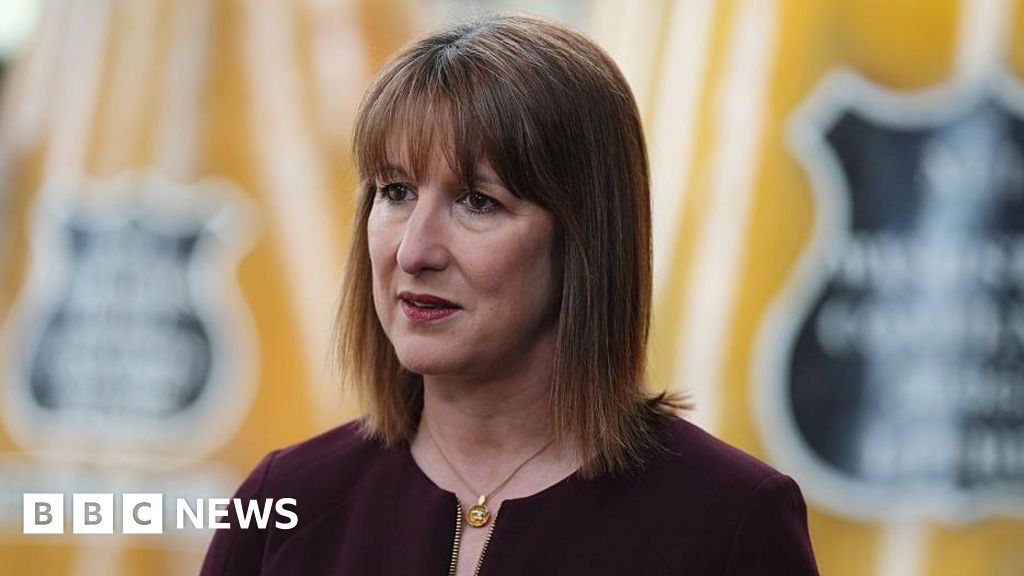
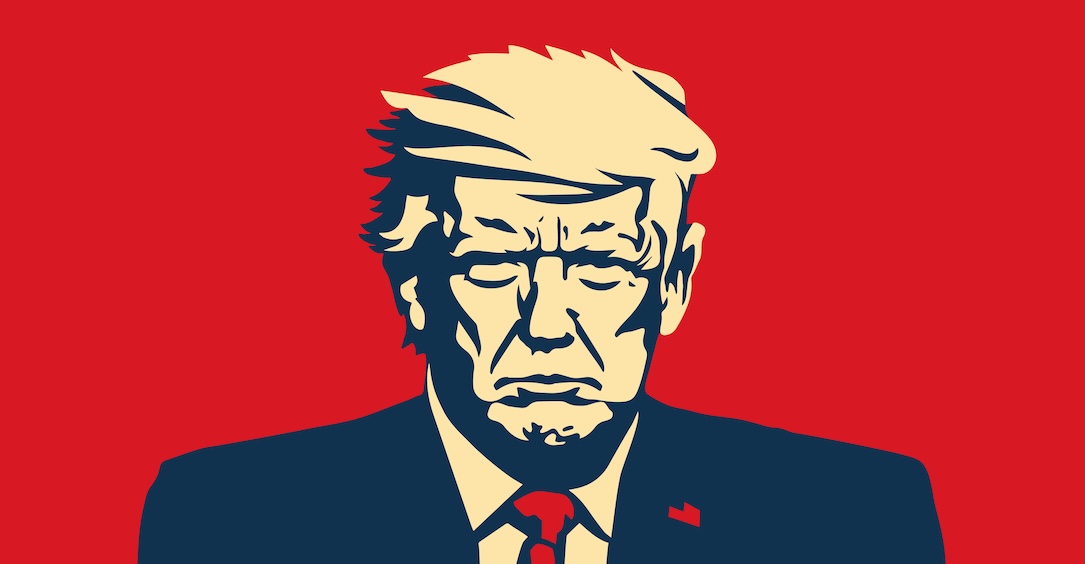
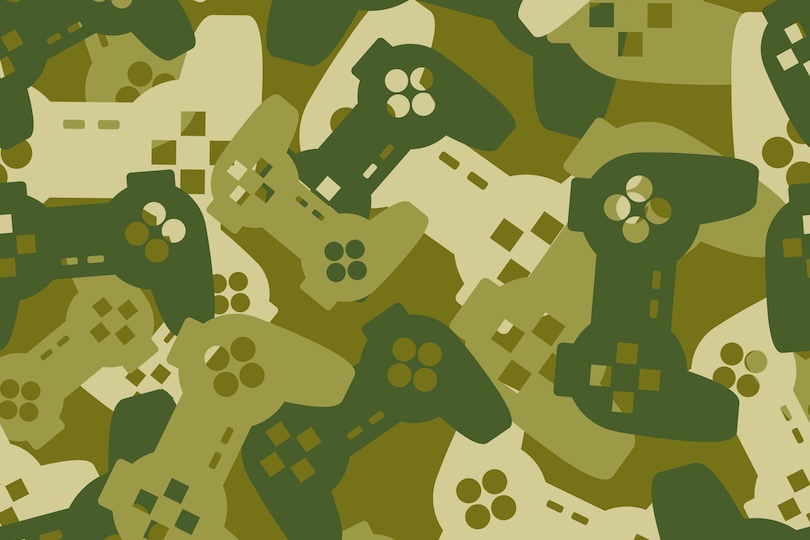
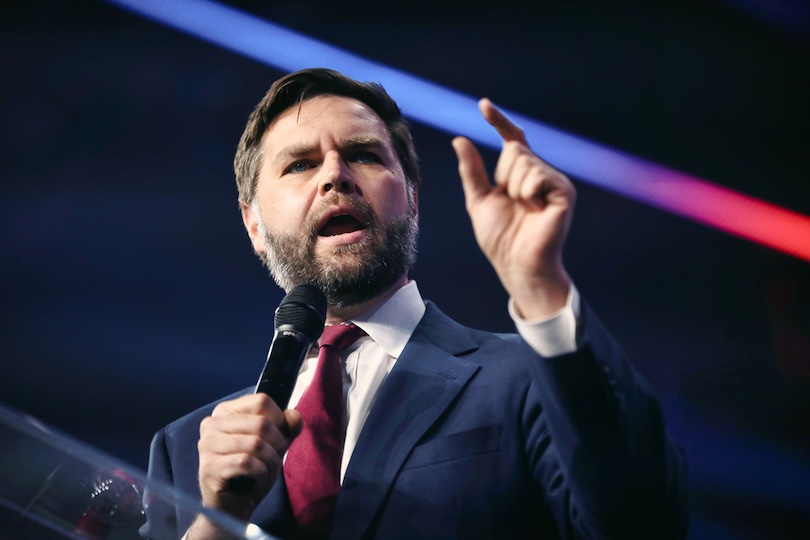
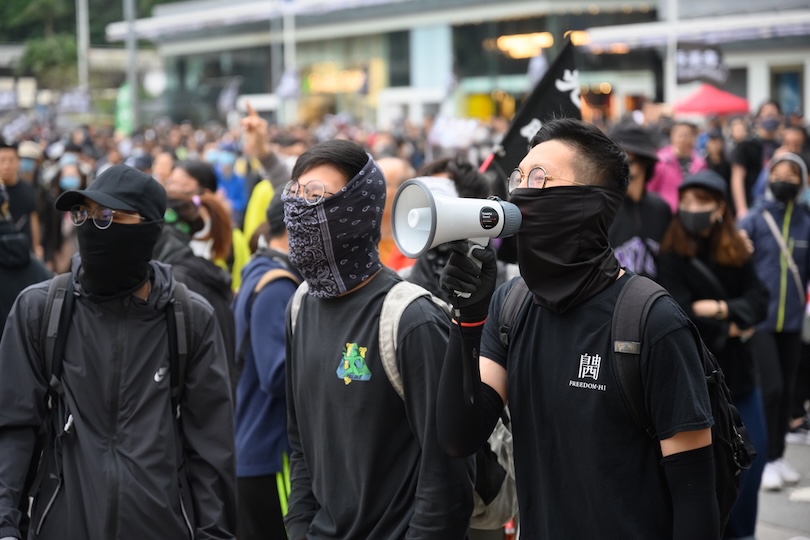


![Presidents Day Weekend Car Sales [2021 Edition] Presidents Day Weekend Car Sales [2021 Edition]](https://www.findthebestcarprice.com/wp-content/uploads/Presidents-Day-Weekend-car-sales.jpg)



 English (United States)
English (United States)